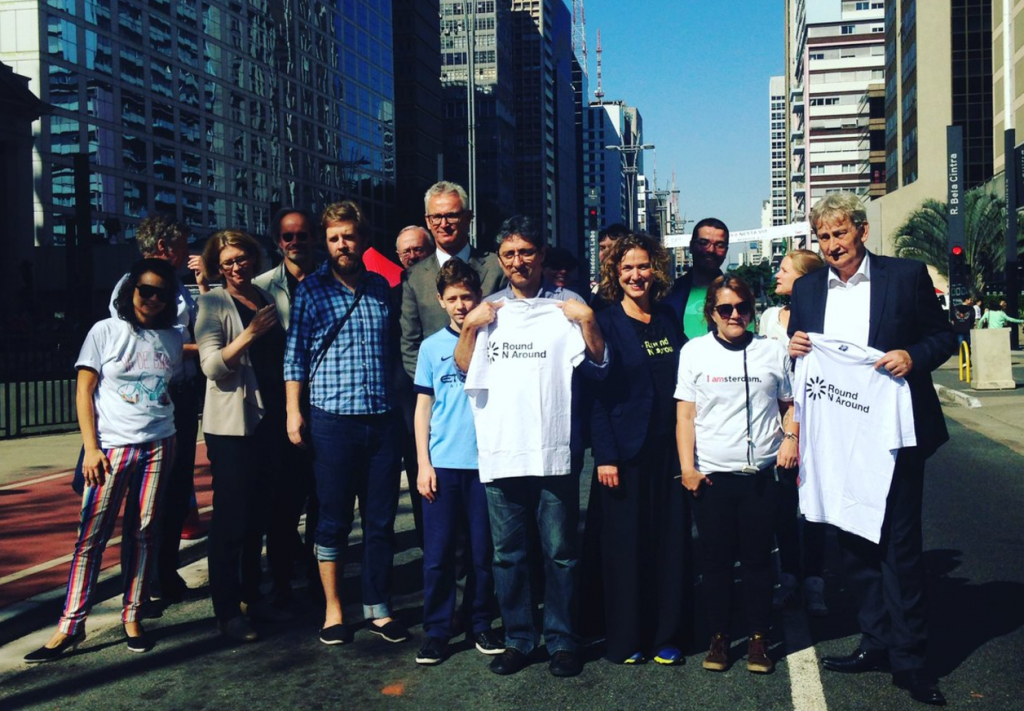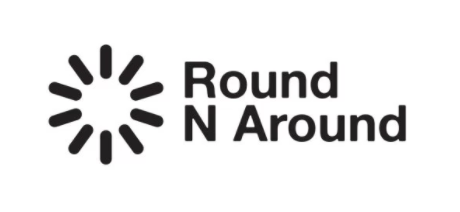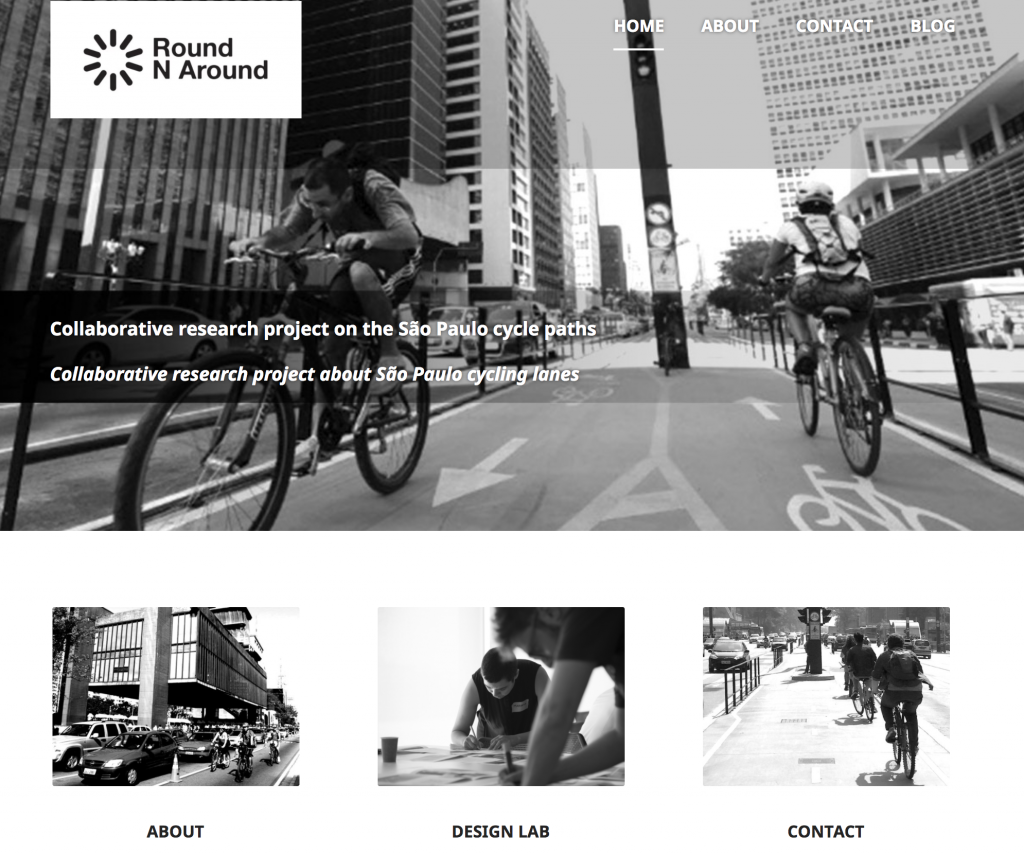How can we increase the usage of bikes in São Paulo as alternative means for transport? How can we make the city more welcoming to cyclists and bikes? And how can we further employ the usage of urban data and social media to promote biking in São Paulo? These were the main questions addressed in the Round N Around project.
Researchers from the Lectorate of Civic Interaction Design and the Citizen Data Lab were invited by Het Nieuwe Instituut (the national institute for architecture, design and e-culture in The Netherlands) to take part in this exchange programme between Brazil and The Netherlands. Our contribution consisted of the organization of two workshops and a conference in which we explored opportunities of digital media for citizen empowerment around the theme of cycling.
Event: Workshops and Conference in Sao Paulo
The project was launched by Amsterdam mayor Van der Laan on an official visit to Sao Paulo in June 2016 and followed up by two workshops in the fall of that year. In the first workshop, we used the Snappthis-app that was developed by AUAS-researcher Marije ten Brink as a tool for location-based collaborative issue mapping. With the help of this tool, members of the biking community mapped the opportunities and challenges for improving the biking culture in Sao Paulo. In a second workshop, we used a design thinking methodology to develop new media campaigns that build upon the findings of the first workshop. The second workshop was organized in the context of the Sao Paulo Tech Week and accompanied by a public conference on ‘urban tactics and the appropriation of public space.’
Findings & Outcomes
In the first workshop, participants concluded that one of the main challenges to improve biking in Sao Paulo is as much a cultural one as a matter of providing more and better biking infrastructure. Although biking is on the increase in the city, many people are still hesitant to ride their bikes, and if they do, they do so mainly for recreational uses. Public support for further investment in biking infrastructure is also weak, as many car drivers see it as a waste of money while also decreasing the scarce space for cars. In the second workshop, five probes were designed that addressed these issues. A variety of new media storytelling and campaigning techniques were employed to target women cyclists, explain the city-wide benefits of biking such as clean air and less congestion to both drivers and prospective bikers, and educate both bikers and drivers to show more respect toward each other. The probes were presented and discussed during a public event, which also a representative of the city was present. The outcomes were also discussed with the Sao Paulo mobility lab – a government-sponsored incubator focussing on mobility solutions.
Product: Publication A Collaborative Action for a Bikeable Sao Paulo
The outcomes of the workshops are documented in a publication. This publication features descriptions of the prototypes that were developed in the second workshop as well as a number of essays on the issue of biking in Sao Paulo and the use of civic media and urban data for the promotion of a public cause.





